2023 Theme: Clean Aviation Energy
The 2050s aviation landscape will incorporate new technologies and designs that enable new aircraft to fly safer, faster, cleaner, and quieter. This future landscape includes the use of alternative energy sources to reduce climate impacts caused by aviation. These alternative sources could include a myriad of viable options beyond the popularly researched fully electric, liquid and gaseous pure hydrogen, the hydrogen fuel carrier, and liquid ammonia.
In the push towards climate-friendly aviation and emerging aviation markets, this challenge seeks to investigate alternate energy sources that, if developed further, could be a solution to major climate impacts due to aviation. By crowdsourcing potential new energy sources and analyzing the entirety of the supply chain’s climate impacts, teams will help inform the “clean aviation energy” source of the 2050s. Teams are encouraged to research fuels that aren’t currently mainstream or highly regarded as becoming mainstream in the future.
The 2023 Blue Skies competition challenged teams to conceptualize the source-to-flight lifecycle of one potential clean aviation energy source of the 2050s, in terms of feasibility, viability, and environmental impact.
Through the 2023 Blue Skies Competition, teams of 2 to 6 collegiate students selected a potential energy source that, under reasonable assumptions for propulsion and zero-emissions, can be applied to aviation. Teams overviewed the aviation landscape in which the selected energy source will be implemented. Teams provided an assessment of today’s technology, manufacturing, and supply chain readiness levels, and how the readiness timelines will need to proceed to achieve realistic application of the clean aviation energy source in the 2050s. The bulk of the analysis was to be spent on assessing the source-to-flight lifecycle of the energy source, not the specifics of the storage/use of the energy source on the airplane or after flight.
Based on the review of research paper submissions, 8 teams were chosen to present their findings in a competitive design review during the Gateways to Blue Skies Forum at NASA’s Glenn Research Center in Hampton, VA on June 1-2, 2023. Each finalist team received a monetary award to facilitate full participation in the Forum. Members from the winning teams earn internship opportunities with NASA’s ARMD.
Click the images to view full-size versions of the infographics.
Click the Project Title to view each team’s research paper.
Click the University Name to view each team’s presentation chart deck.
“Aluminum Powder Combustion”
Faculty Advisor: James Geiger
View Video
**FIRST PLACE**
“Aircraft Propulsion by Directed Energy Beam Bursts (DEB-B)”
Faculty Advisor: Dr. Sylvia Herbert
View Video
**SECOND PLACE**
“High on Hydrogen!”
Faculty Advisor: Dr. Bahareh Estejab
View Video
** BEST INFOGRAPHIC (TIE) **
“Aircraft Propulsion by Directed Energy Beam Bursts (DEB-B)”
Faculty Advisor: Dr. Sylvia Herbert
View Video
** BEST INFOGRAPHIC (TIE) **
“The Role of Hydrogen in Aviation Decarbonization”
Faculty Advisors: Dr. Jared Cohon, Dr. Peter Zhang
View Video
** BEST PRESENTATION **
“Iron Powder as a Clean Aviation Fuel Source”
Faculty Advisor: Dr. Anthony Linn
View Video
“Lifecycle Analysis of Space-Based Solar Power”
Faculty Advisor: Dr. Christian Claudel
View Video
NASA Feature Story Coverage:
- Program Announcement: Clean Aviation Energy is Focus of 2023 Blue Skies Competition
- Finalists Selected: University Teams Selected as Finalists to Reimagine Aviation Energy Sources of the Future
- Winners Announced: Winners Announced in Gateways to Blue Skies Aeronautics Competition
- BU Today | Sky High—ENG Terriers Win NASA Student Competition on Clean Aviation Energy
- UC San Diego Today | Engineering Students Present Laser-Driven Aircraft Propulsion Proposal to NASA
- The Quadrangle | The Sky’s the Limit for the Mechanical Engineering Department
- Texas A&M University Engineering | Aggies Create propels freshmen to NASA competition finals
- Tap into Hawthorne | Patrick Olah is Selected as a Finalist in NASA’s 2023 Gateway to Blue Skies: Clean Aviation Energy Competition
- AV Web | NASA Announces Blue Skies Aeronautics Competition Winners
- India Education Diary | UC San Diego Team Present Laser-Driven Aircraft Propulsion Proposal To NASA
- Twitter | @OhioStateCBE – Finalists Announced
- Twitter | @NASASTEM – Winning Team Announcement
- Twitter | @BUCollegeofENG – Winning Team Announced
- Twitter | @NASAAero – Winning Team Announced
- Twitter | @UT_CAEE – Forum Attendees
- Twitter | @OSUEngineering – Finalists Announced
- Twitter | @OhioStateCBE – Finalists Announced
- Twitter | @NationalAero – Finalists Announced
- Twitter | @NASAAero – Finalists Announced
- Twitter | @NCSpaceGrant – Competition Alert,
- Twitter | @NASASTEM – Competition Reminder
- Twitter | @NASAAero – Competition Alert
- Twitter | @NASASTEM – Competition Announcement
- Twitter | @NASA360 – Competition Announcement
- Twitter | @IowaSpaceGrant – Competition Sneak Peek
- Facebook | @NASA360 – Competition Announcement/Video Release

NASA’s Langley Research Center










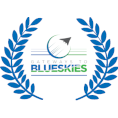



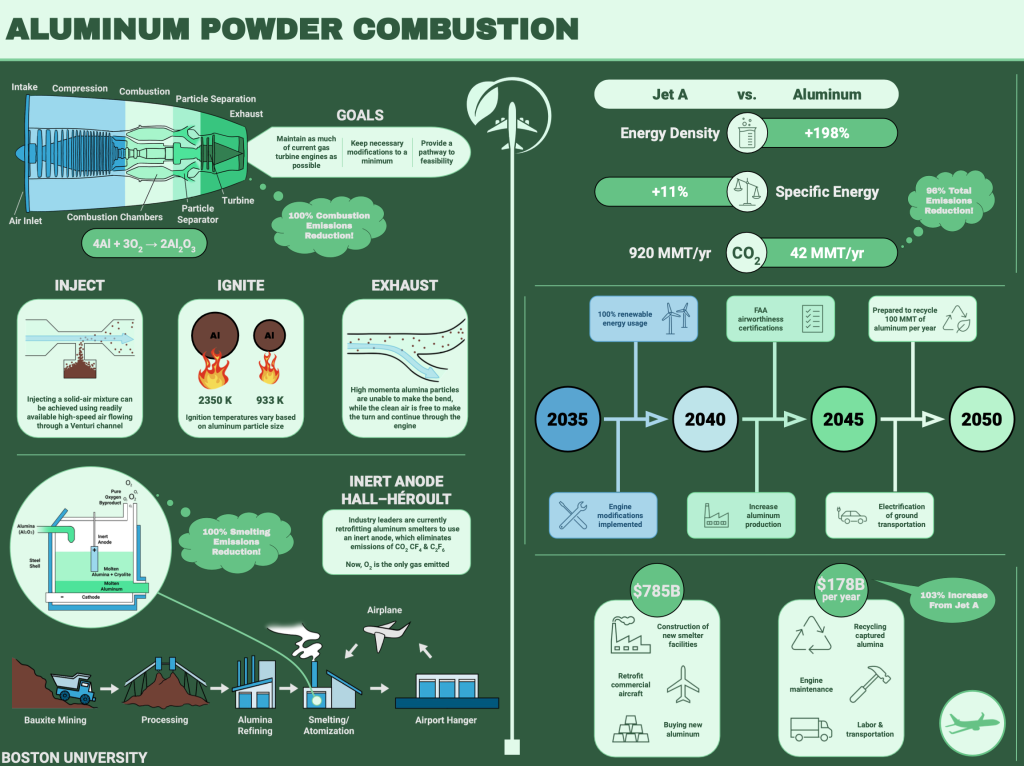
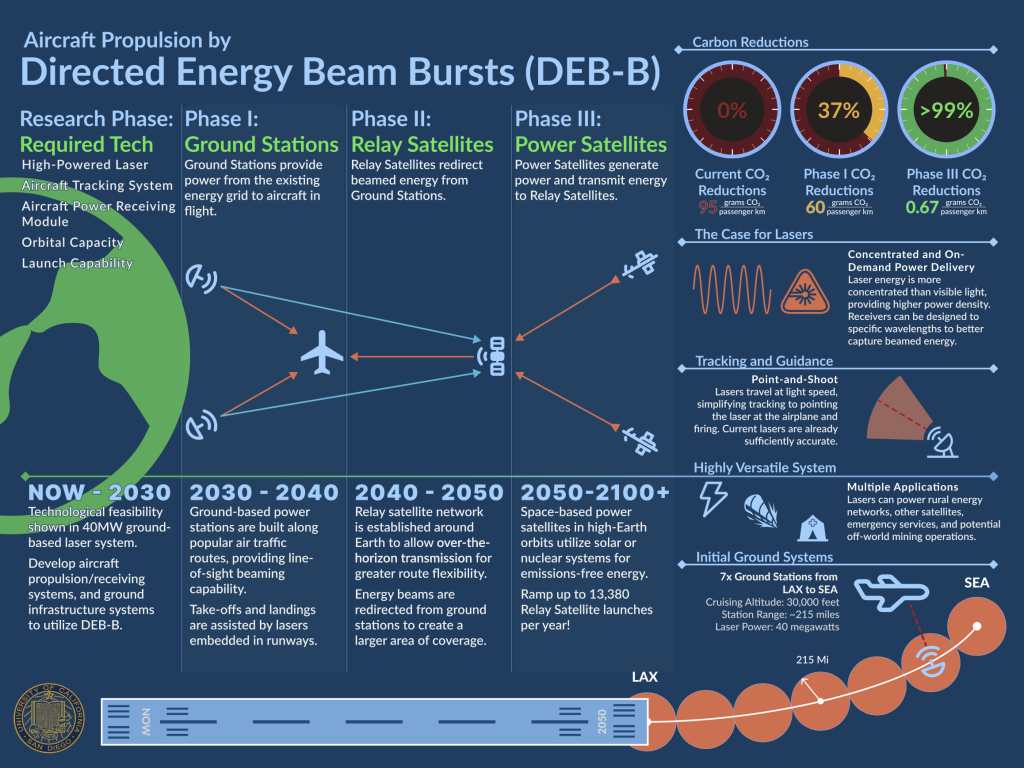
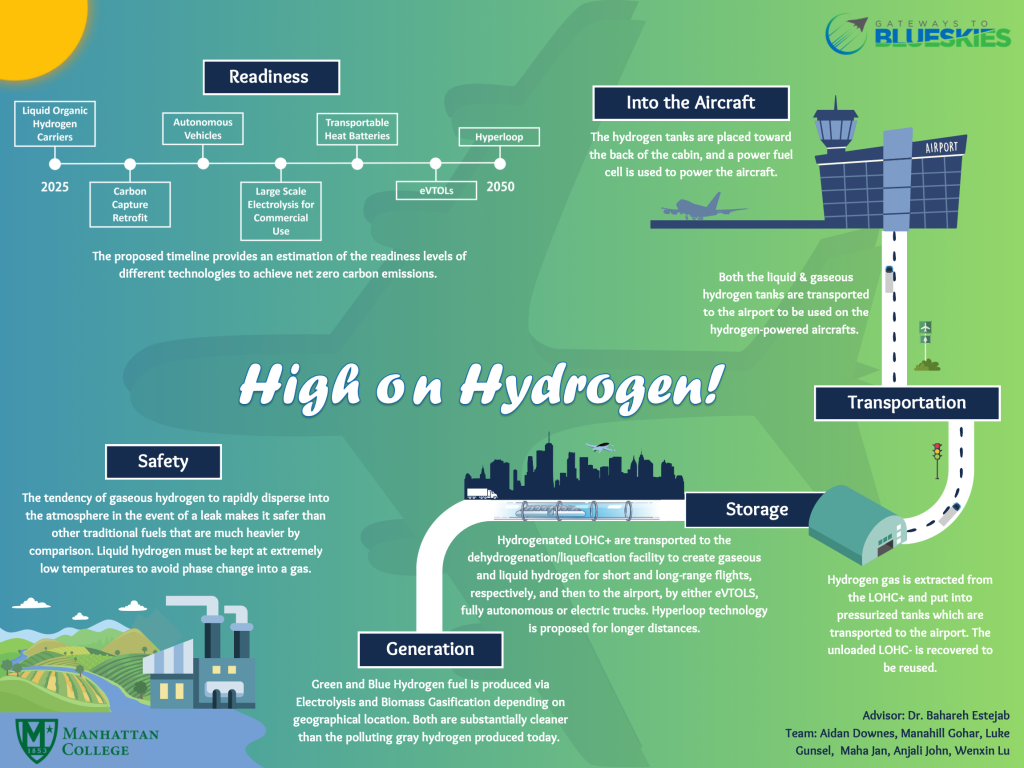
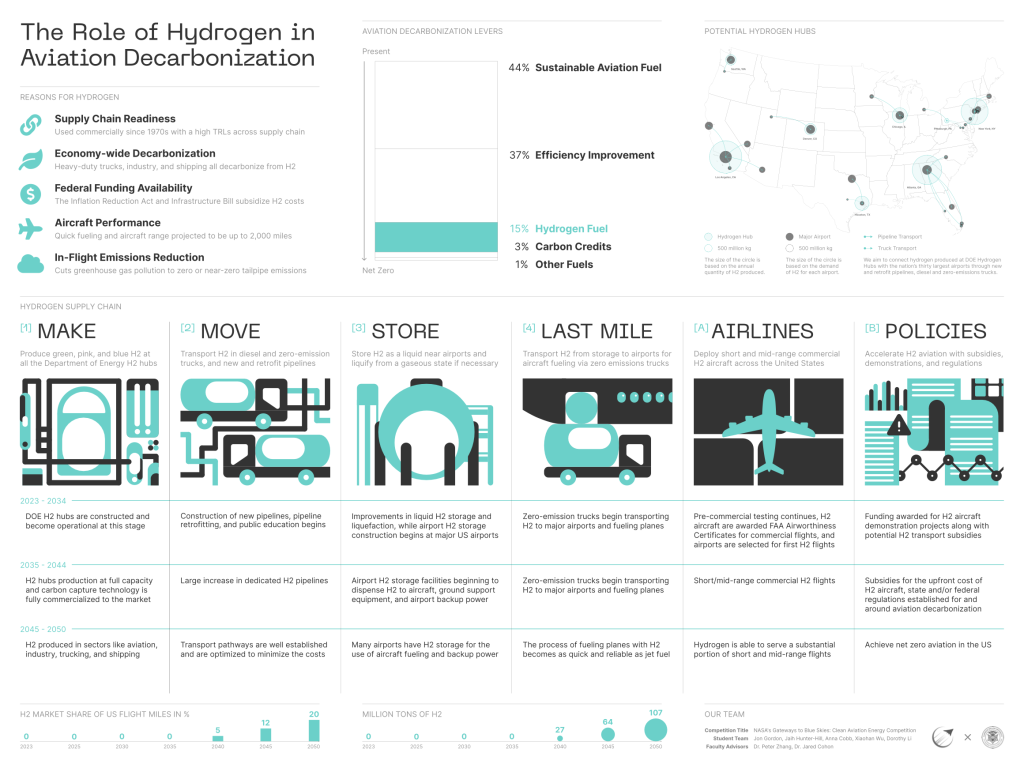
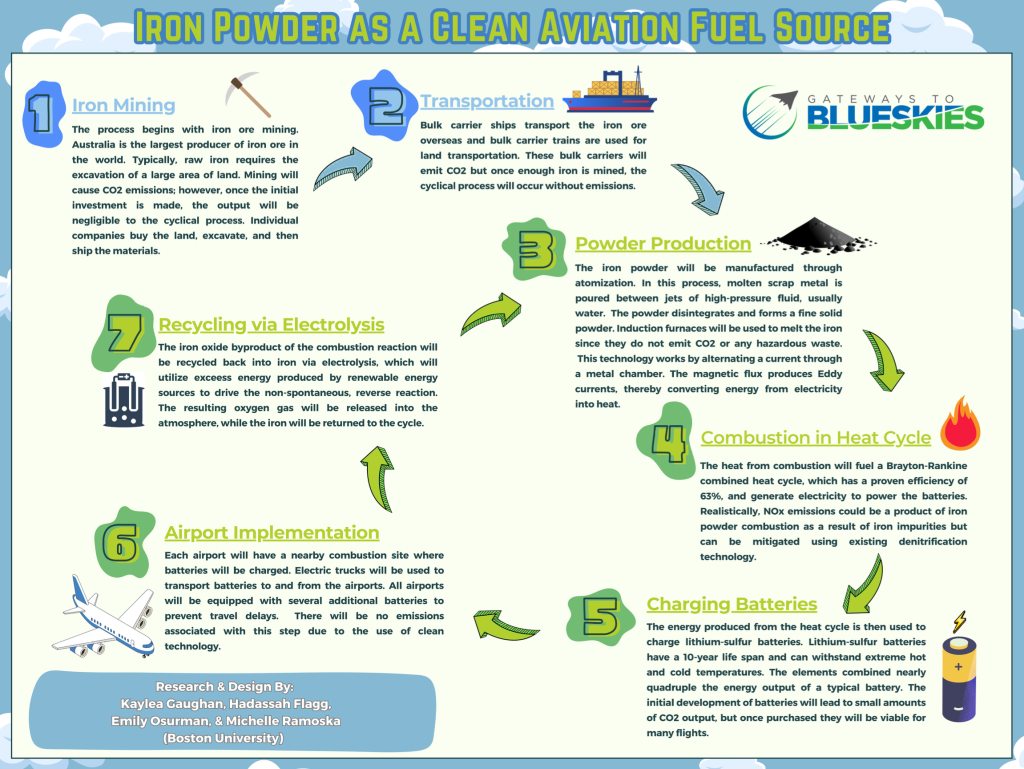
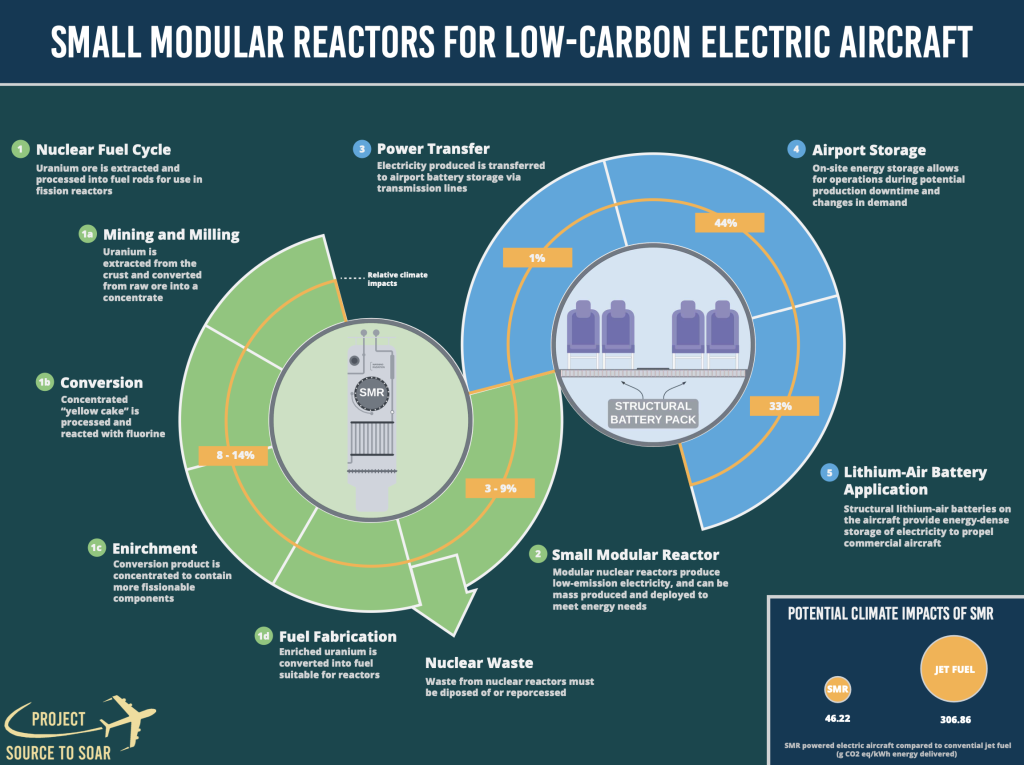
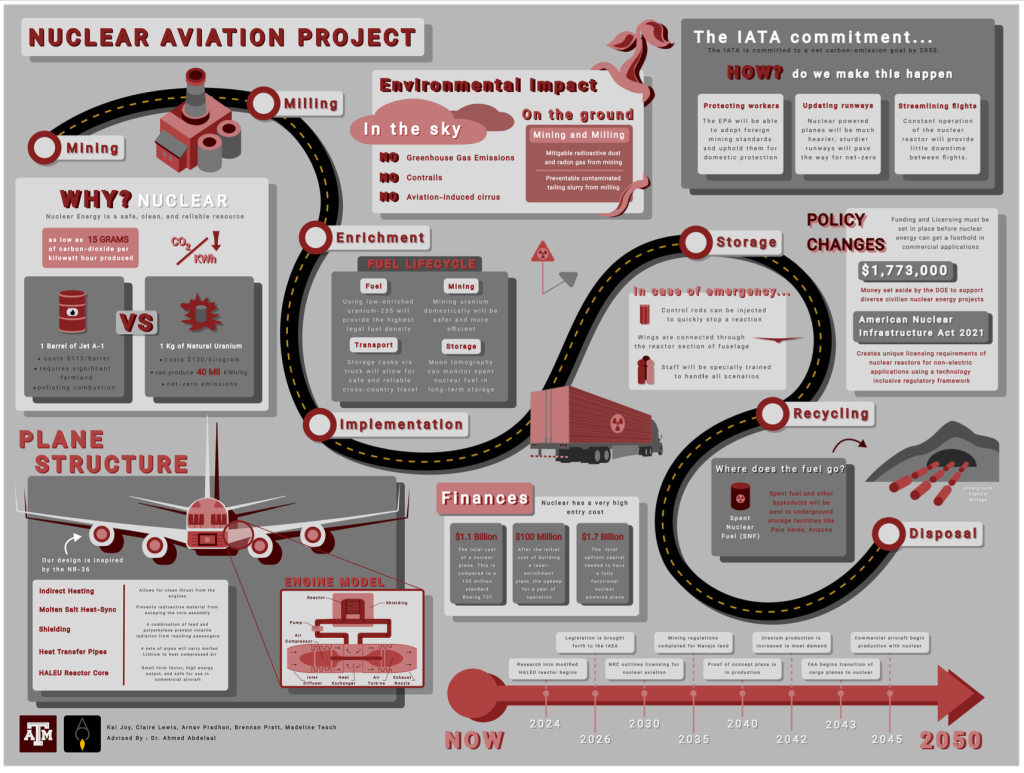
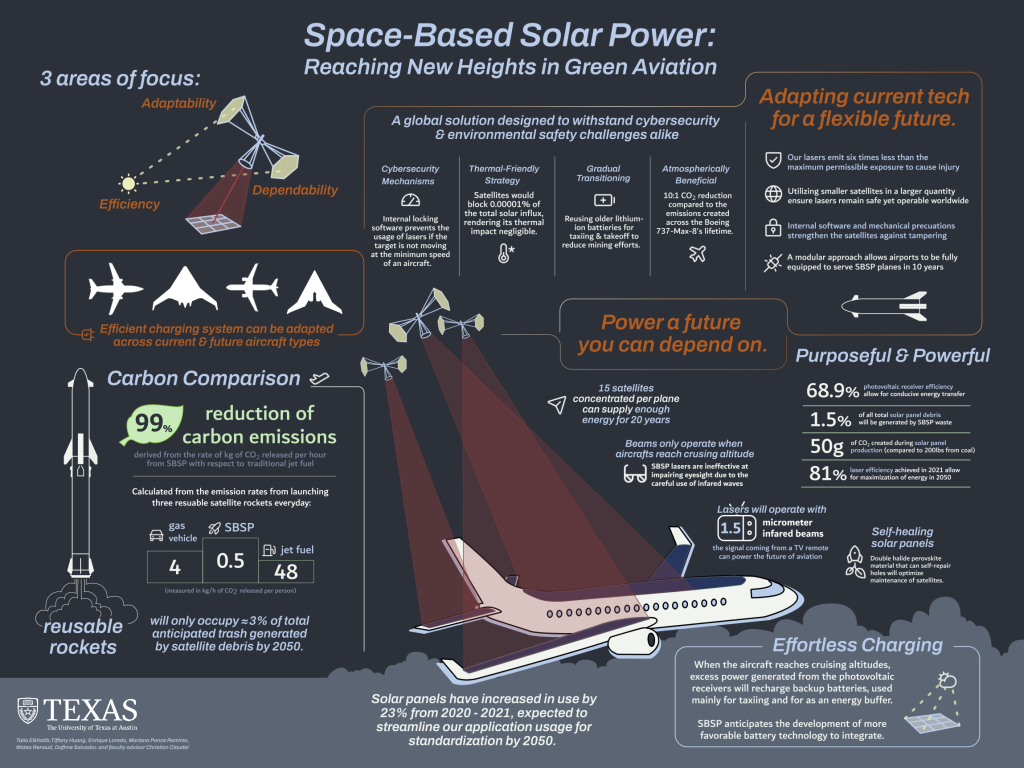
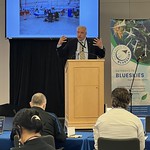
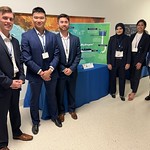
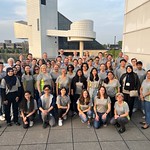
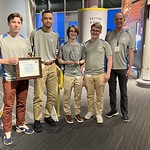
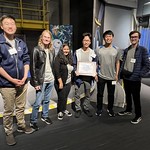
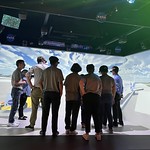
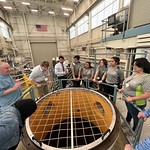
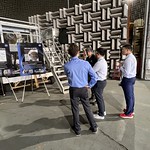

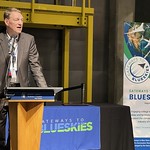
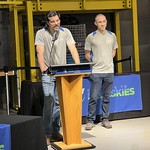
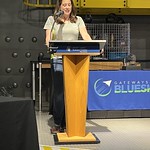
 Greg Emerson
Greg Emerson John Bombaro
John Bombaro Brian Cole
Brian Cole Jim Baumiller
Jim Baumiller Scott Colling
Scott Colling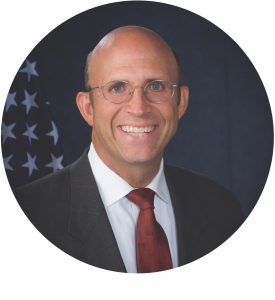 Dan Martin
Dan Martin Cordelia Hiers-Brady
Cordelia Hiers-Brady Shawn Engelland
Shawn Engelland George Burba
George Burba CJ Bixby
CJ Bixby
 Jay Stalnacker
Jay Stalnacker Charles Sheehe
Charles Sheehe Travis Potter
Travis Potter Amy McCluskey
Amy McCluskey Dr. Shanna McClain
Dr. Shanna McClain Dr. Marcus Johnson
Dr. Marcus Johnson Genevieve Ebarle
Genevieve Ebarle Stacy Dees
Stacy Dees Shelley Spears
Shelley Spears Janice Kurbjun Miller
Janice Kurbjun Miller Mina Cappuccio
Mina Cappuccio Craig Nickol
Craig Nickol Jeanne Yu
Jeanne Yu Mani Gavvalapalli
Mani Gavvalapalli Phil Kenul
Phil Kenul Koushik Datta
Koushik Datta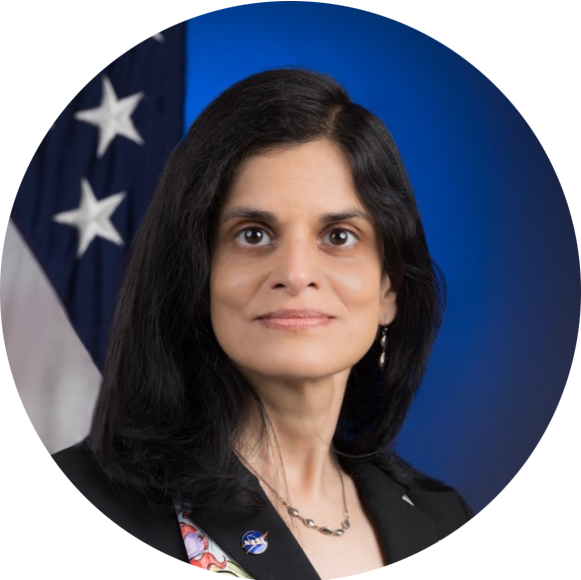 Dr. Natasha Neogi
Dr. Natasha Neogi Starr Ginn
Starr Ginn Steven Holz
Steven Holz Andrew Provenza
Andrew Provenza